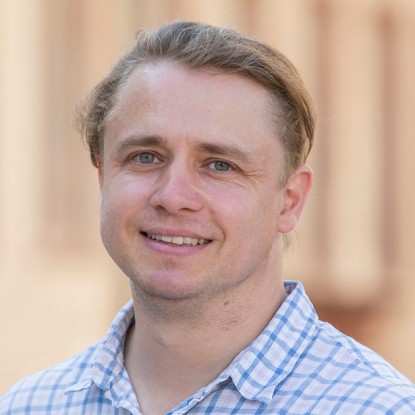Social Conflicts and Dynamics of Party Competition in Times of Migration and Integration
Research question/goal:
Representative democracy rests upon the promise that politicians represent the citizens’ interests (substantive representation) and that citizens perceive this representation as satisfactory (subjective responsiveness). Conceived as intermediary actors between the political system and society, political parties play a central role for the success of representative democracy. Migration and its politicization during the “refugee crisis” have posed new challenges for the functioning of democratic representation in Germany. On the one hand, the political preferences of autochthone citizens have become more diverse and polarized. On the other hand, the political integration of immigrants requires that their distinct representative demands are taken up by political parties.
Our research project addresses these challenges of party democracy. It aims at inquiring into the ability of parties to represent the diverse positions and priorities of citizens with regard to integration and immigration policies. Moreover, we assess the consequences of alleged representation gaps on citizens’ satisfaction with democracy. Our research is based on a sophisticated concept of democratic representation which guides rich empirical analyses of (autochthone and allochthone) citizens and political representatives. We combine established (e.g. surveys) with innovative empirical methods (large-scale text analytics / computational social science) in order to achieve reliable insights. The results of our research shall improve our understanding of the political challenges of Germany’s migration society and provide advice to parties and politicians how these challenges may be addressed.
Current stage:
The project completed the data collection, which comprised a representative survey among German citizens with and without a migration background. Currently, we are working on papers analysing the newly collected data in close cooperation with the “Interdisciplinary Center for Integration and Migration Research” (InZentIM) at the University of Duisburg. First results have been presented at several conferences.
Funding
Funding institution: BMFSFJ
Funding period: 04/2020 – 12/2024
Funding budged: € 1,7 millions
Team
| Name | Working area(s) | Contact | |
|---|---|---|---|

Picture: IfP
| Prof. Dr. Christian Stecker Chair | Comparative Politics and German Government | christian.stecker@tu-... +49 6151 16-57355 S3|12 437 |
Andreas Blätte (Universität Duisburg-Essen, InZentIM)
Marc Debus (MZES Mannheim)
Susanne Pickel (Universität Duisburg-Essen, InZentIM)
Gökçe Yurdakul (HU Berlin, BIM)




